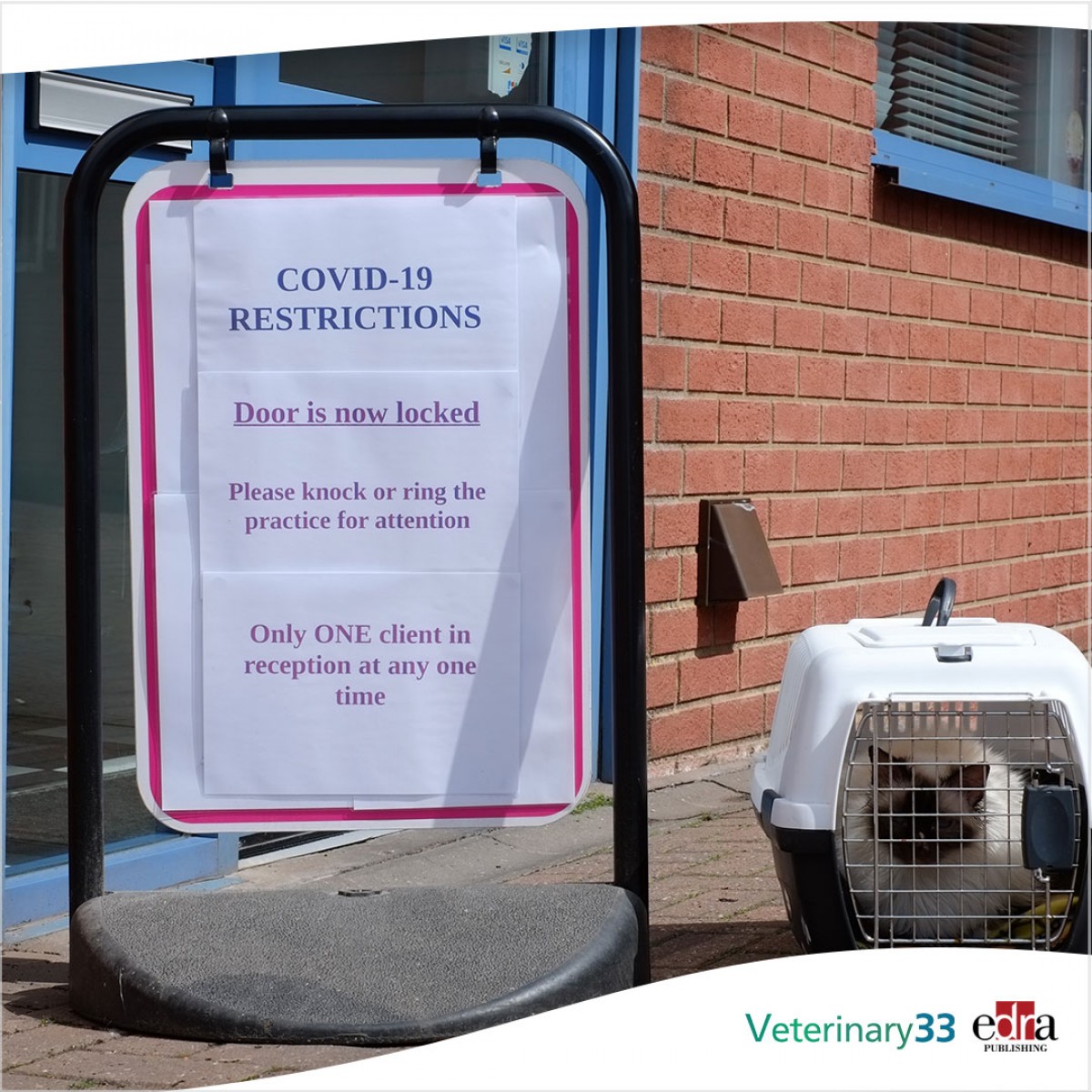Study shows dogs can detect COVID-19 faster, better than most PCR tests
Context
This review was undertaken to provide information concerning the advancement of research in the area of COVID-19 screening and testing during the worldwide pandemic from December 2019 through April 2023. In this review, the authors examined the safety, effectiveness and practicality of utilizing trained scent dogs in clinical and public situations for COVID-19 screening. Specifically, results of 29 trained scent dog screening peer-reviewed studies were compared with results of real-time reverse-transcription polymerase chain reaction (RT-PCR) and rapid antigen (RAG) COVID-19 testing methods.
Objectives
The review aims to systematically evaluate the strengths and weaknesses of utilizing trained scent dogs in COVID-19 screening.
Methods
At the time of submission of our earlier review paper in August 2021, we found only four peer-reviewed COVID-19 scent dog papers: three clinical research studies and one preprint perspective paper.
In March and April 2023, the first author conducted new literature searches of the MEDLINE/PubMed, Google Scholar, and Cochrane Library websites. Again, the keyword phrases utilized for the searches included “COVID detection dogs,” “COVID scent dogs,” and “COVID sniffer dogs.”
The Preferred Reporting Items for Systematic reviews and Meta-Analyses (PRISMA) 2020 Checklist was followed to ensure that our review adhered to evidence-based guidelines for reporting. Utilizing the results of the reviewed papers, we compiled statistics to intercompare and summarize basic information concerning the scent dogs and their training, the populations of the study participants, the types of sampling methods, the comparative tests utilized, and the effectiveness of the scent dog screening.
Results
A total of 8,043 references were identified through our literature search. After removal of duplicates, there were 7,843 references that were screened. Of these, 100 were considered for full-text eligibility, 43 were included for qualitative synthesis, and 29 were utilized for quantitative analysis.
The most relevant peer-reviewed COVID-19 scent dog references were identified and categorized. Utilizing all of the scent dog results provided for this review, we found that 92.3 % of the studies reached sensitivities exceeding 80 and 32.0 % of the studies exceeding specificities of 97 %. However, 84.0 % of the studies reported specificities above 90 %.
Highlights demonstrating the effectiveness of the scent dogs include: (1) samples of breath, saliva, trachea-bronchial secretions and urine as well as face masks and articles of clothing can be utilized; (2) trained COVID-19 scent dogs can detect presymptomatic and asymptomatic patients; (3) scent dogs can detect new SARS-CoV-2 variants and Long COVID-19; and (4) scent dogs can differentiate SARS-CoV-2 infections from infections with other novel respiratory viruses.
Conclusions
The effectiveness of the trained scent dog method is comparable to or in some cases superior to the real-time RT-PCR test and the RAG test. Trained scent dogs can be effectively utilized to provide quick (seconds to minutes), nonintrusive and accurate results in public settings and thus reduce the spread of the COVID-19 virus or other viruses. Finally, scent dog research as described in this paper can serve to increase the medical community’s and public’s knowledge and acceptance of medical scent dogs as major contributors to global efforts to fight diseases.
Dickey, Tommy and Junqueira, Heather. "COVID-19 scent dog research highlights and synthesis during the pandemic of December 2019−April 2023." Journal of Osteopathic Medicine, 2023. https://doi.org/10.1515/jom-2023-0104.














List
Add
Please enter a comment